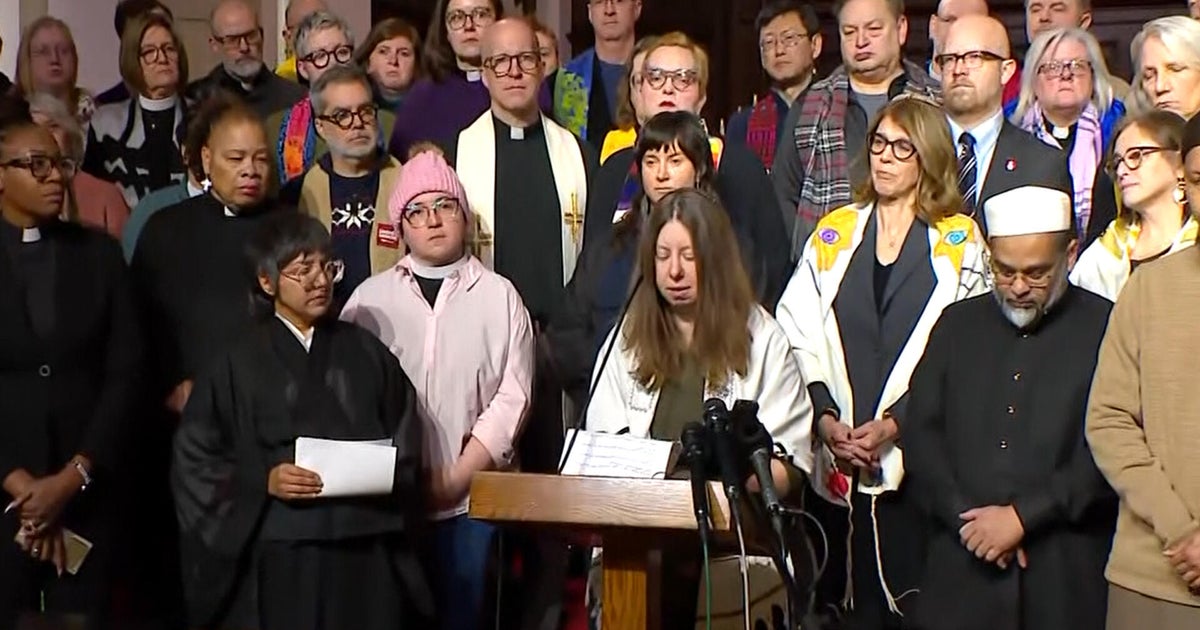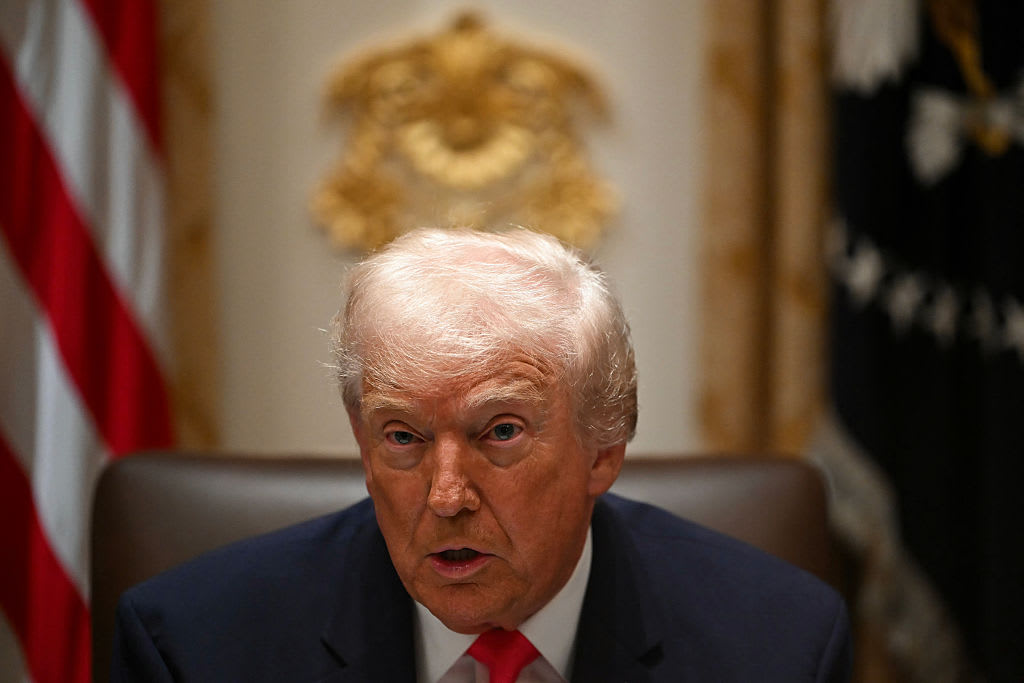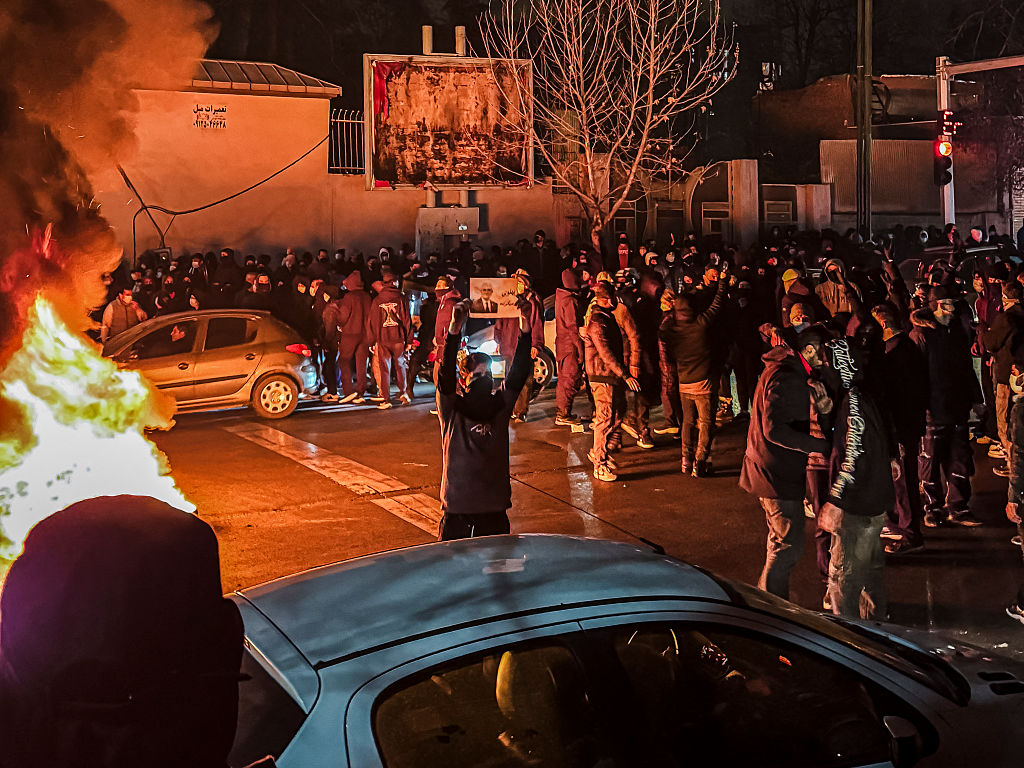What's motivating Trump's "us" against "them" strategy?
President Trump taunted the news media at his rally in Phoenix Tuesday night with accusations of divisiveness that, since Charlottesville, Republicans, Democrats and business leaders have laid at his feet.
"They are trying to take away our history and our heritage, you see that," Mr. Trump said of the media.
Mr. Trump's deflection and grievance are aimed at keeping the third of the country still on his side energized and angry, reports CBS News chief White House correspondent Major Garrett.
The "us" against "them" strategy targets Senate Republicans like Jeff Flake and John McCain. Both of them endured indirect fire from the bully pulpit in Phoenix.
Mr. Trump spoke about Flake first.
"Nobody wants me to talk about him, nobody knows who the hell he is," the president said of Flake.
He then indirectly fired at McCain.
"We are going to get rid of Obamacare. I will never stop -- one vote," Mr Trump said.
The president even rattled GOP congressional leadership by threatening to shut down the government next month if he doesn't get funding for the border wall.
"If we have to close down our government we are building that wall," Mr. Trump said.
That threat sounded all the more bizarre considering the long history of campaign promises that Mexico would pay for the wall.
When asked about a potential shutdown on Wednesday, Speaker Paul Ryan said, "I don't think a government shutdown is necessary and I don't think most people want to see a government shutdown."
Attacking some Republicans, including a supposed ally like , is also strategic. The president needs to show his base that he's still committed to populism, despite the firing of chief strategist Steve Bannon.
McConnell and the president haven't spoken in two weeks, and the senator's aides allow Mr. Trump's erratic rhetoric and GOP-bashing threaten the party's entire agenda.
None of this has much effect on the president's historically low approval ratings, which remain stuck in the mid-30s -- down from the low 40s four months ago.
Those who approve of Mr. Trump's performance, however, cannot be painted with the same brush, says Anthony Salvanto, CBS News' elections and surveys director.
He has a core base of supporters -- accounting for about half of his total supporters -- who feel more attached to him than they do to the Republican Party, Salvanto said on "CBS Evening News" Wednesday.
"They vote Republican but consider themselves as Trump supporters first and foremost," Salvanto said.
Salvanto said they are motivated because "they believe he's fighting for their culture and way of life."
"They take criticism of him personally themselves, they say, and it's only made their support firmer," he said.
The other half of Mr. Trump's backers are what Salvanto calls "conditional supporters."
"They want policy outcomes from this president," he said. "Now, they still back him, but they feel like he has to deliver in Congress with legislation. They want the tax cut, for example."
"These folks are much more transnational, so the question will be: at what point might they run out of patience if he can't deliver on that policy agenda?" Salvanto said.





